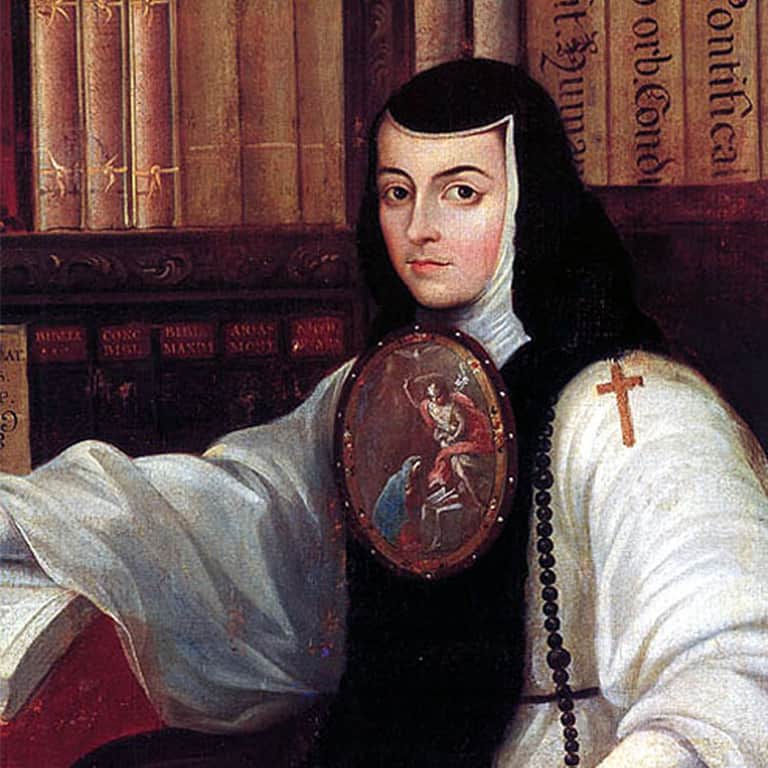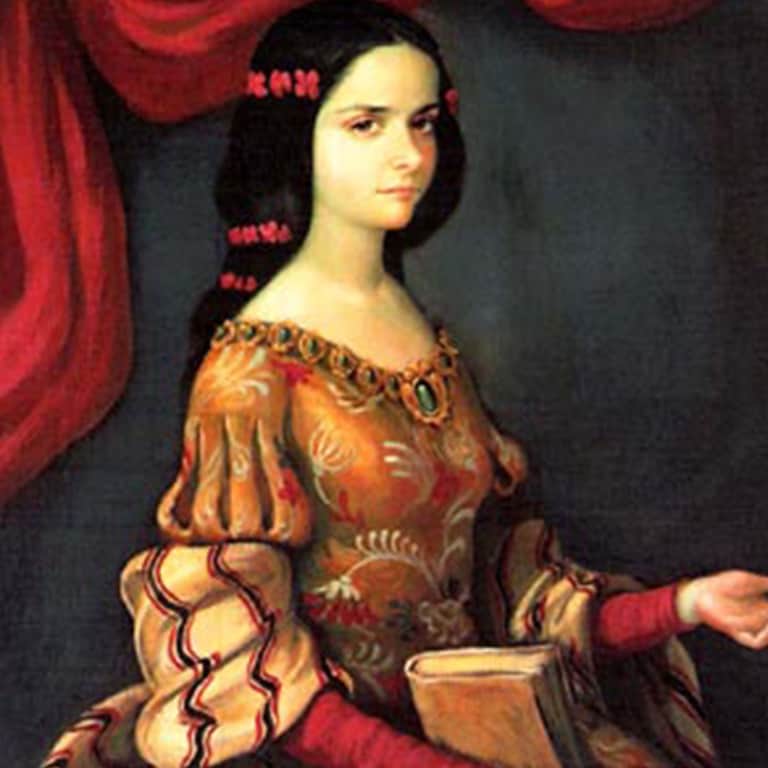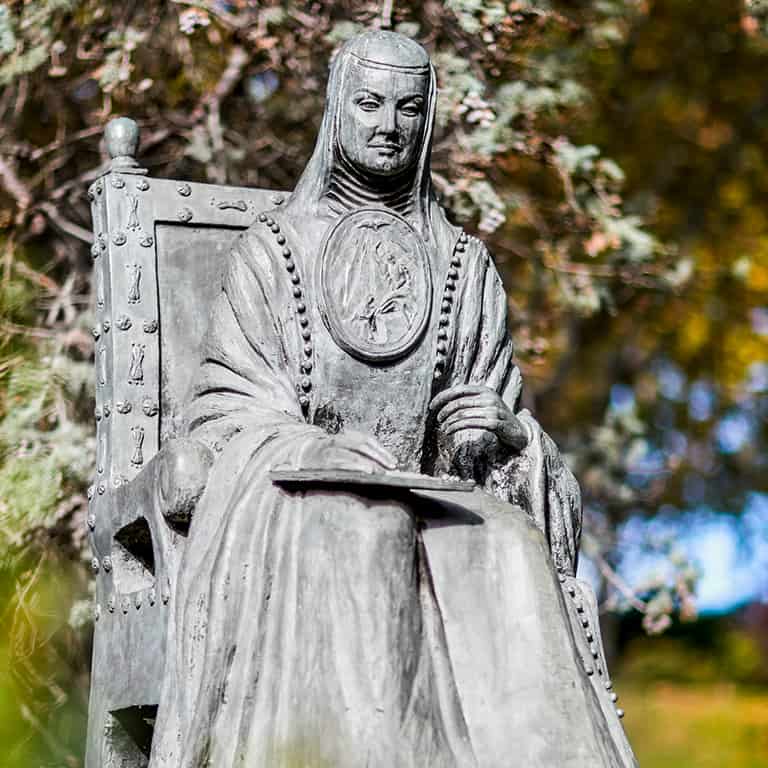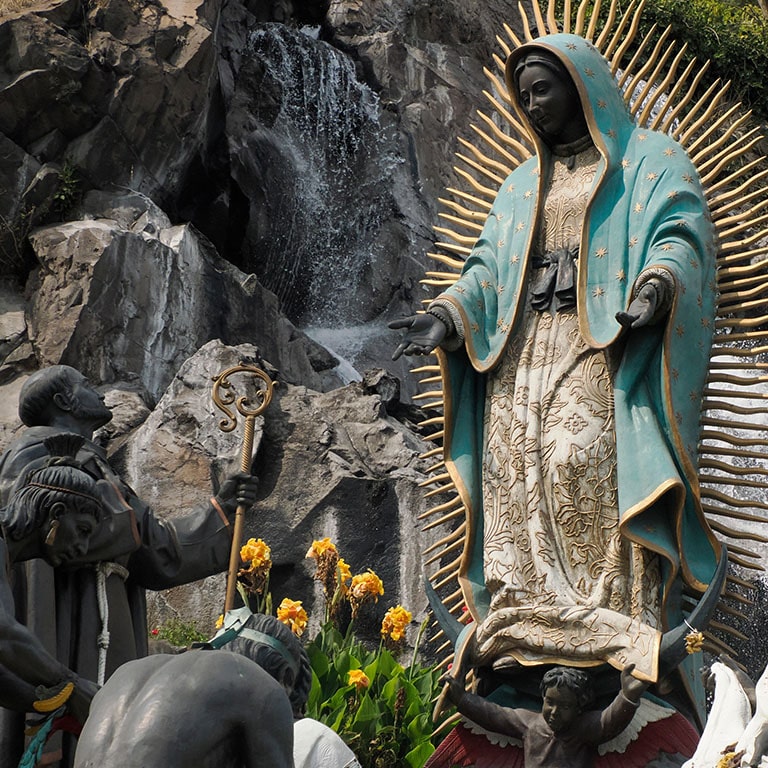I. Responsible for the protection of your personal data.
Promotora Sunset Beach Club S.A. de C.V. hereinafter referred as
Promotora Sunset, with address in Boulevard Kukulcán, kilometer 10 Apple 51, Lote 13-B Zona Hotelera, Zip Code 77500, Cancún Quintana Roo México, is responsible for the collection and use of the personal data required from the vacational member club, in terms of the rules established by the Mexican Federal Law for Data Protection of Private Individuals (Ley Federal de Protección de Datos Personales en Posesión de los Particulares LFPDPPP) as well in the provisions of the articles 1º, 3º and 5º of the General Data Protection Regulation (EU) 2016/679
(GDPR).
II. Data collected and use of the information requested from our customers.
Personal data collected through physical formats in hotels, by telephone, or by electronic means (online) through our websites, will be used to begin, administer and maintain the services offered to our vacational members club.
a) General Data
The general data requested in our forms such as: name, gender, signature, home address, phone number, cell phone number, e-mail, date of birth, job, home city, economic dependents, country, national identity document or passport will be used for the following essential purposes:
- Begin providing services that customers contract with the company;
- To upload our vacational member club ´s information into our systems and database to provide and administer the services contracted
- To create our vacational member clubs ´electronic and paper files;
- Carry out the verification of your personal data collected by our Call Center;
- To comply with the different laws that regulate our services and activities;
- To deal with complaints and inquiries, and to provide our customers with information related to travel reservations or cancellations received by our Call Center;
- To confirm, verify, correct and update the personal data;
- Carry out the sign of the contract;
- To administrate your personal data in the sales room and contracting Area;
- To charge for our services and for the collection efforts with respect to receivables that are not paid when due;
- To charge for services and programs paid electronically with a credit card;
- To charge any additional expenses or fees for extra services contracted, and;
- To properly identify our clients as vacational members club or guests.
Additionally, this information can be used for the following non-essential purposes:
- a) To send our vacational member club offers, discounts, special fees and other benefits;
- b) To improve our holiday offer by sending your information to our business partners;
- c) For statistical purposes; and,
- d) For promotional and marketing purposes.
b) Financial and Patrimonial Assets Data
The financial and patrimonial data collected such as credit card number, bank account, monthly income and additional incomes, will be used to analyze the financial profile of our vacational members club and customers in order to grant them access to promotions and programs based on their economic characteristics. Furthermore additional information may be required in compliance of Mexican Federal Law to prevent money laundering (Lay Federal para la Prevención e Identificación de Operacions con Recursos de Procedencia lícita LFPIORPI).
According to Mexican Privacy Law, is required to obtain express consent of guests and customers in order to use and process their financial and patrimonial assets data for the different purposes and uses described above. Therefore in compliance with the law, we will request your express authorization in written at the moment of the data collection, informing you the legal consequences of their decision to grant it or not.
III. Data transfer.
The personal data collected by “
Promotora Sunset” can be transferred to companies that help provide some of the goods and services requested by our customers, which is necessary to comply with the provision of services that are contracted, and also can be transferred to companies who elaborate profiles and consumer trends for our vacational members club, therefore it will not be necessary to have the express consent of the owner of the data for this transfer in accordance to Article 37, Section VII of the LFPDPPP, as well as the provision contained in Article 49 of the GDPR.
Except for the cases indicated above, and unless one of the assumptions contained in Article 37 of the LFPDPPP and 49 of the GDPR is updated, the data provided by our visitors, partners, guests, vacational members club and referred visitors will not be transferred under any circumstances.
IV. Use of images.
Moreover, “
Promotora Sunset” may use, print, reproduce and publish any captured image(s) of partners vacational members club, guests, beneficiaries and people referred in print, electronic media (blogs, private social networks such as Facebook, website) , in all its manifestations, its interpretations or executions, its editions, its phonograms or videograms, and in its broadcasts, in order to document journalistically and communicate information related to events that are celebrated, such as delivery of awards and rewards, be the images captured by “
Promotora Sunset” itself or through external suppliers hired for these activities.
When any image of any guest, partners, family member, client, partner or referral is going to be used for advertising purposes, this situation will be notified to the owners, and their express consent will be required in a specific format, to indicate whether they accept the treatment of the images for these purposes.
Secondary Purposes
The information that we collect from our guests, members and customers may be used for advertising, marketing and/or market research, according to the relationship existing between them and “
Promotora Sunset”. When “
Promotora Sunset” pretends to use the images for these purposes, the company will request your express authorization in written before its use.
V. Restrictions on the use or disclosure of personal data.
In Accordance to the articles 16 section III of the
LFPDPPP and article 18 of the
GDPR, those who wish to limit the use and disclosure of their personal data, or who no longer wish to receive communications regarding the non-essential purposes detailed in this privacy notice, may at any time sign up for the “do not call list” (known by its Spanish acronym REPEP), which is administered by the Bureau of Consumer Protection (PROFECO). For more information visit
http://rpc.profeco.gob.mx/; or, send an email to the address
datospersonales@sunsetworld.net requesting stop being contacted for these purposes.
VI. Rights of access, rectification, cancellation and opposition, and withdrawal of consent.
As stated in the LFPDPPP as of January 6, 2012, as well as in Articles 15, 16, 17, 18 of the GDPR, the holders of personal data collected by “
Promotora Sunset” may request to access, correct, cancel (should this be legally appropriate) and oppose the use of their personal data, as well as to withdraw their consent. To exercise these rights, you must follow this procedure:
1) Send an email to our Privacy Officer at
datospersonales@sunsetworld.net to request the application document for the exercise of rights to access, correct, cancel and oppose, which must be filled out with your full name, your legal or commercial relationship with “
Promotora Sunset” the type of right you wish to exercise, accurately identifying the data for which you request to access, correct, cancel or oppose, or those for which you decide to withdraw your consent, attaching any of the official identification documents (valid passport or current immigration document), in order to prove the identity with which the request is made.
2) In the case of personal data whose holders are minors or incapable persons, this request must be made by the person who legally represents the rights of the minor or incapable person, either through the accreditation of parental rights; or through his/her legally appointed guardian or tutor.
3) Holders must complete the application for the exercise of the aforementioned rights and may attach all the documents that are relevant to their request. For correction applications, it will be necessary to precisely specify the changes to be created, including the documentation that supports the origin of the request.
4) Applications for the exercise of these rights must be submitted during working hours and on business days in accordance with the Federal Law of Administrative Procedure.
5) The request must be sent to the email address mentioned in numeral 1) and an acknowledgment of receipt will be sent with the corresponding date of receipt. Should the application not fulfill the legal requirements, we will contact the holder within five (5) business days to ask to amend the application for up to ten (10) business days. Otherwise, the application will be considered as not submitted.
6) In the event that the request has been sent on Friday or on a non-business day, it may be received on the following business day after it was sent.
7) The request will be answered via email within a period of twenty (20) business days from the date of receipt. This period may be extended for twenty (20) additional business days when there are adequate reasons, and this situation will be notified to the holder under the terms of the provisions of Article 97 of the LFPDPPP Regulations.
8) In the event that the request is made in accordance with the LFPDPPP and other current regulations, access will be granted, the data will be corrected or canceled, the right of opposition will be effective or the consent will be revoked, within fifteen (15) business days following the date on which the request was answered. This period may be extended for fifteen (15) additional days for adequate reasons, and this situation will be notified to the holder under the terms of the provisions of Article 97 of the LFPDPPP Regulations.
9) In all cases where the request is appropriate, in accordance with the terms of Articles 32, 33, 34 and 35 of the LFPDPPP, the data will be sent free of charge through the holder’s email address for said purpose. In case the information should be required to be sent through another form of delivery, payment must be made for the cost of shipping and/or the cost of reproduction of copies or other formats that may be incurred.
VII. Online data management.
This section describes the use of your personal data in the following websites:
–
www.sunsetworldresorts.com
Online Privacy Policy
Our policy regarding the information related to the use of our websites is described below. You should review this Privacy Policy regularly because it may change at any time at our discretion.
When you access “Promotora Sunset” website, we register your IP address (which is usually temporary and is assigned by your internet service provider when you log in), as well as the type of operating system and browser you use. In addition, we can trace the pages of the site you are visiting. The information we collect is used to improve our website’s user experience, and the whole process takes place without any knowledge of your name or any other information that will allow us to identify you. While visiting any “Yucatán Holidays” website, your navigation is anonymous unless you decide to identify yourself to us.
“Promotora Sunset” does not require that you provide personal data to use any of our websites, unless it is necessary. Some applications may require you to disclose any personal information, our contact forms may require your email address to register and answer your comments, requests, questions or suggestions, and contact you if necessary. On these forms, we will not require your name, financial or property data, and/or sensitive data. Any disclosure of this information is your responsibility. Regardless of the above, if you voluntarily provide any of this information, “Promotora Sunset” assures it will be used with strict confidentiality.
Cookies: A cookie is information that an Internet portal sends to your computer, which is stored on your hard drive. The next time you visit our site, we may use the information stored in the cookie to facilitate the use of our website. A cookie does not allow us to know your personal identity unless you explicitly choose to provide it. Most cookies expire after a period of time or can be deleted by you at any time. Also you can configure your browser to notify you when you receive a cookie so you can accept or reject it.
Social Networks
The data and information posted by the users of our social media is published on their own account and is subject to the terms and conditions established by the social media provider. “Promotora Sunset” will use this information to answer the requests and questions asked by the users and to contact them in case they request it.
The contact data of the users who request information about travel packages, tours and other services will be shared with our Customer Service Center to give them a personalized attention by email or phone. The information provided by those users who decide to participate in our contests will be used to contact them in case they win, and their image may be published.
Data Portability
In Accordance with the article 20 of the
GDPR, you have the right to transfer your personal data to another supplier or controller without hindrance from the controller to which the personal data have been provided as long as the legal processing oy your data has been carried out by automated means.
Promotora Sunset, ensures the most strict confidentiality and security to carry out the data transfer.
VIII. Complaints regarding the use of your personal data.
If you believe that your rights regarding the protection of your personal data have been violated by any conduct, act or omission regarding the attention of your requests or in the use of your personal data, you can submit a complaint with the
National Institute for Access to Information and Data Protection (INAI), for more information visit
www.inai.org.mx.
IX. More Information – Privacy Office.
If you have any questions regarding the content, interpretation or scope of this Privacy Notice, or need more information regarding the use of your personal data, please contact us through our
Privacy Officer, at the following email address
datospersonales@sunsetworld.net
X. Updates
This Privacy Notice is effective from January 1st of 2012 and may be modified on a discretionary basis by “
Promotora Sunset”, under the terms of the LFPDPPP and its regulations, any amendment will be communicated by posting the new Privacy Notice in any of our website listed in the VII section of this Privacy Note.
Last Updated: June 1st 2020







